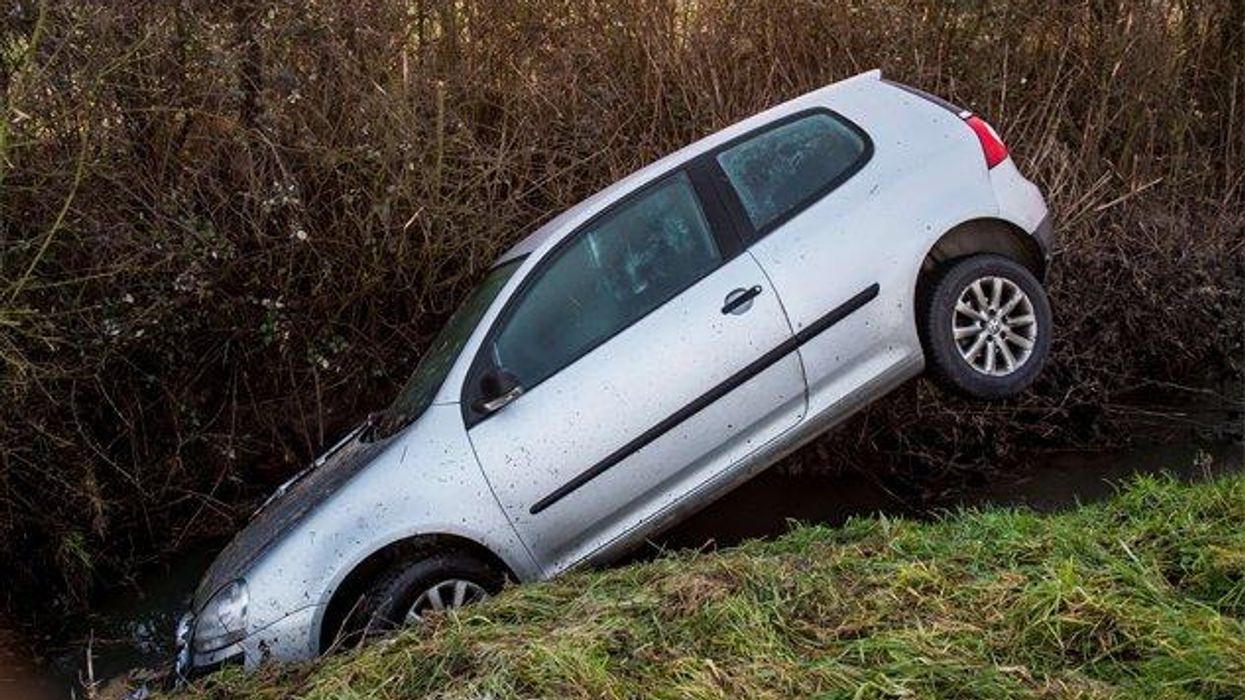Ask the Expert
Ask the Expert: To Rent or Not to Rent Your Home?
Ask the Expert: To Rent or Not to Rent Your Home or Car

What to do when your Airbnb is wrecked by AirPnP or your FlightCar has its wings clipped.
August 11 2015 7:06 PM EST
By continuing to use our site, you agree to our Privacy Policy and Terms of Use.
Ask the Expert: To Rent or Not to Rent Your Home?

What to do when your Airbnb is wrecked by AirPnP or your FlightCar has its wings clipped.
Renting out your car or home to travelers (or, conversely renting a car or home from others while traveling) has become big business. In fact, a Barclays research note published earlier this year suggests that Airbnb, one of the most widely known property rental services, is poised to overtake a majority of the established hotel chains within the next few years in terms of bookings. (They have already done so in terms of available rooms, expanding from 300,000 to more than a million last year.)
But, more and more rentals translates into more and more damages to personal property. Writer Harry Campbell, who helms a blog and podcast for Lyft, Sidecar and Uber drivers called “The Rideshare Guy” recalls, “I actually had a recent Airbnb experience as a renter in San Francisco, where we accidentally damaged a very expensive outdoor light. We contacted the owner and let them know what happened and that it was an accident and they were very understanding. Luckily, they required us to purchase a specific type of Airbnb renter's insurance ahead of time that cost $89. All that we had to do on our end was submit a statement saying that we broke the light and the owner was reimbursed.”
For those worried about opening up their homes or cars, many of the share rental services offer extensive coverage against damage. For instance, Airbnb, RelayRides, a car sharing rental service, and FlightCar, which rents out vehicles parked at an airport to other travelers while its owner is away, all offer property coverage of up to $1 million.
But, what other steps can renters and rentees take to protect themselves in the booming share economy? We asked Shane Skinner (above), a former rental industry executive and CEO of Record360, an app that protects consumers from damage liability, his thoughts:
OutTraveler: What are some steps I can take to minimize my risk before I rent out my car or home?
Shane Skinner: Use a reputable service like Airbnb, Dwellable, Car2Go, Zipcar, etc. that include insurance as part of the rental process. Also, check the prior reviews of whomever will be renting your property, capture condition of the property at the time of exchange, and ensure these records are time/date-stamped so the evidence is rock solid.
OT: What step should I take after I realize some damage has been done?
SS: That depends on whether you took stock of the property condition prior to rental. But the first step would be to capture the damage digitally. Then, if you used a service, you can reach out to them for advice and determine who will contact the renter who caused the damage. Always ensure a reputable vendor is used to make repairs for damages, and most states allow the owner to choose their own vendors for repairs as opposed to a vendor mandate by an insurance carrier.
OT: Now let’s flip it around. As someone renting out another person’s home or car: what kinds of research should I do to make sure I’m getting a property/vehicle that lives up to my expectations?
SS: Reviews really help – look for what real travelers have said about the property or vehicle that you are getting. Less than a handful of 5/5 stars could be trumped up, so the more reviews the better. If you can get a mix of Yelp/Google/TripAdvisor reviews, for example, that will also paint a more accurate picture of what to expect. Correspondence with the owner beforehand, if you want more information, photos, etc. will also help ensure you know what you’re getting.
OT: If I damage my rental car or an item in my home rental, what are the best steps to take to resolve the situation?
SS: Own it…damage happens. Being forthright and honest may net out in a better place… who knows, maybe the homeowner wanted to get rid of that sofa (which you spilled wine on) anyway! If you hide the damage or fight it, that’s when you may find yourself in a conflict situation which frankly isn’t good for anyone, given the time, anxiety, and money involved. Unfortunately, there's no discount for honesty…but owning it will help you avoid negative personal reviews and lengthy/expensive damage disputes or legal battles.
OT: Anything I can do to prevent claims that I damaged a car or home when I know I didn’t?
SS: This scenario of being held responsible for damage you didn’t do happens every day. The best way to protect yourself against this is to ensure you do a thorough walk-around and inspection of the property when you arrive, or of the car before you leave the lot. If you see damage, bring it up with the owner right away, even if you think it may be too small to bother with. Many people take pictures with their phones, and for even better security, apps like Record360 combine high-quality capture of property plus time- and date-stamping for an indisputable record of condition.